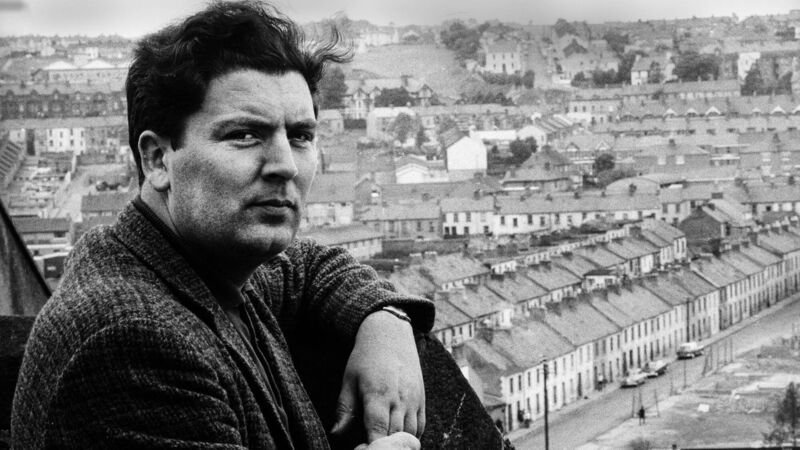Clodagh Finn: The credit union loan that acted as a stepping stone on path to peace

'It’s time, on several levels, to recall John Hume’s principles not just in politics but right across the board.'
It is 50 years since the phone rang in the Hume household in Derry one June day and Pat Hume answered to find Senator Edward Kennedy on the line. When she went to tell her husband, he was incredulous.
“Pull the other one,” he said, before being persuaded that the American senator was indeed phoning because he had heard John Hume was “the man to talk to about peace in Ireland”. The senator asked him if he would fly to Bonn in Germany to meet him.
Already a subscriber? Sign in
You have reached your article limit.
Subscribe to access all of the Irish Examiner.
Annual €130 €80
Best value
Monthly €12€6 / month
Introductory offers for new customers. Annual billed once for first year. Renews at €130. Monthly initial discount (first 3 months) billed monthly, then €12 a month. Ts&Cs apply.
CONNECT WITH US TODAY
Be the first to know the latest news and updates















